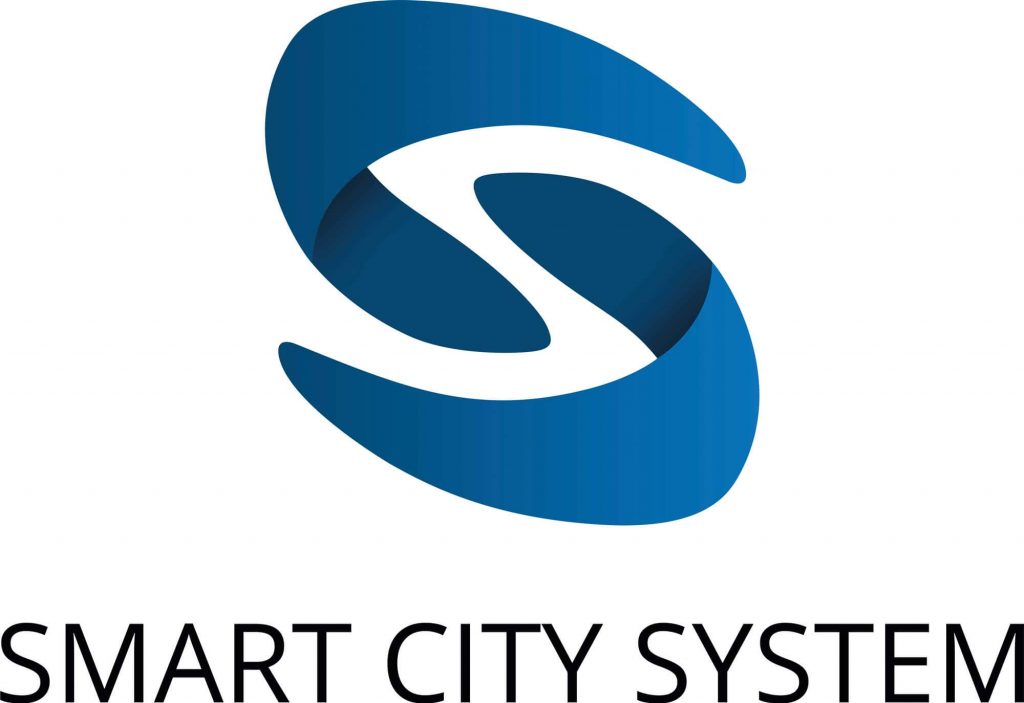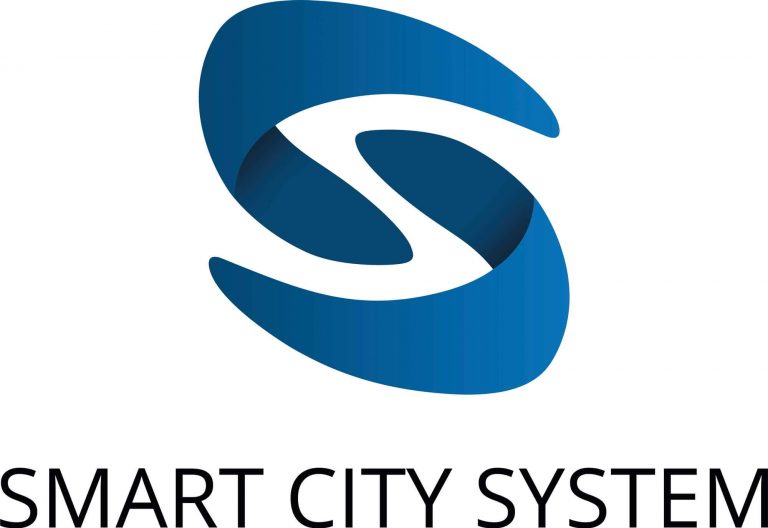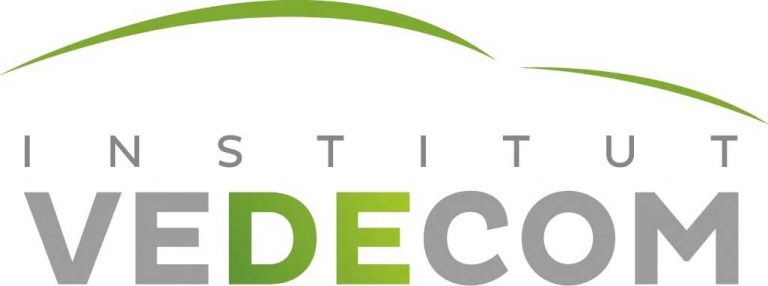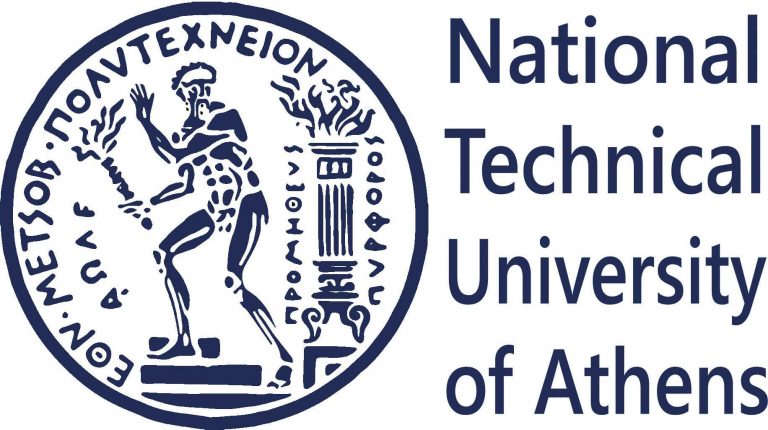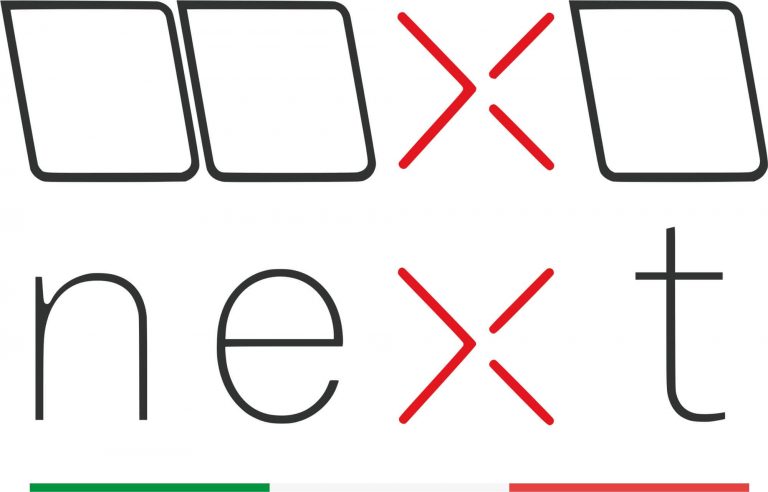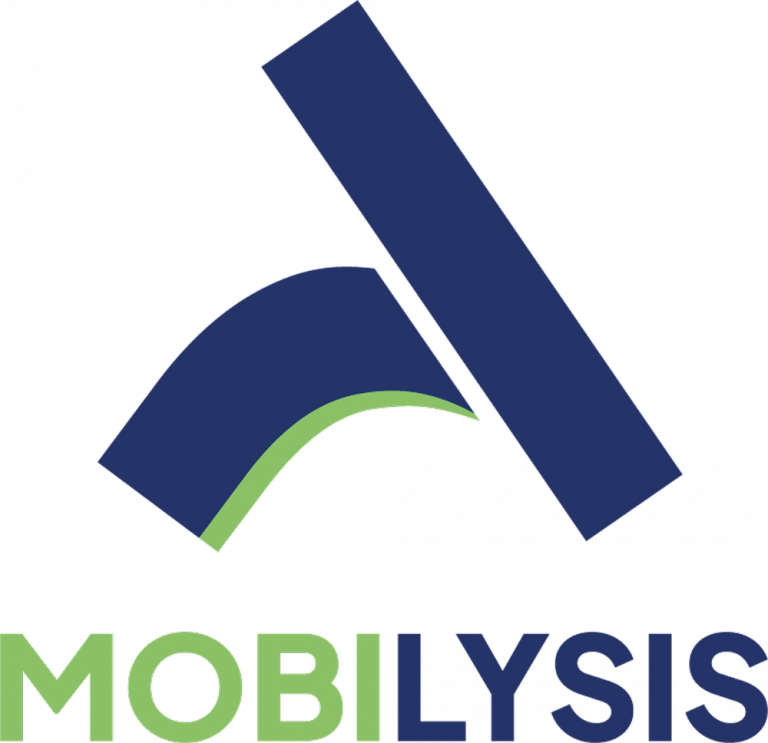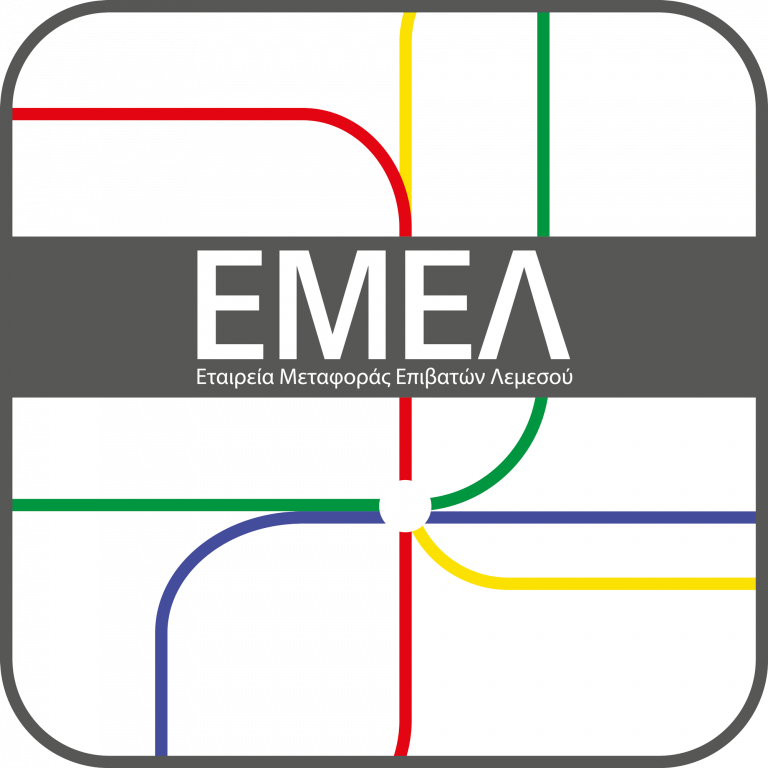Munich, with a population of more than 1,5M, is a transport crossroad and an urban node at the intersection of two TEN-T corridors.
Munich has a strong public transport system connected with the greater Munich region including bus, subway, metro lines and tram. Its modal share is: 24% public transport, 34% private vehicles, 18% cycling, 24% pedestrians. There is a vast variety of shared mobility modes (cars, bikes, e-mopeds and e-scooters).
The City of Munich is one of the 100 Climate Neutral and smart cities and has an approved Mobility Strategy 2035 with 19 partial strategies which include the sustainable logistics strategy, digitization, innovation management.
As a concrete goal, the mobility strategy envisages that at least 80 per cent of traffic in the Munich city area will be covered by zero emission vehicles, local public transport, walking and cycling by 2025.
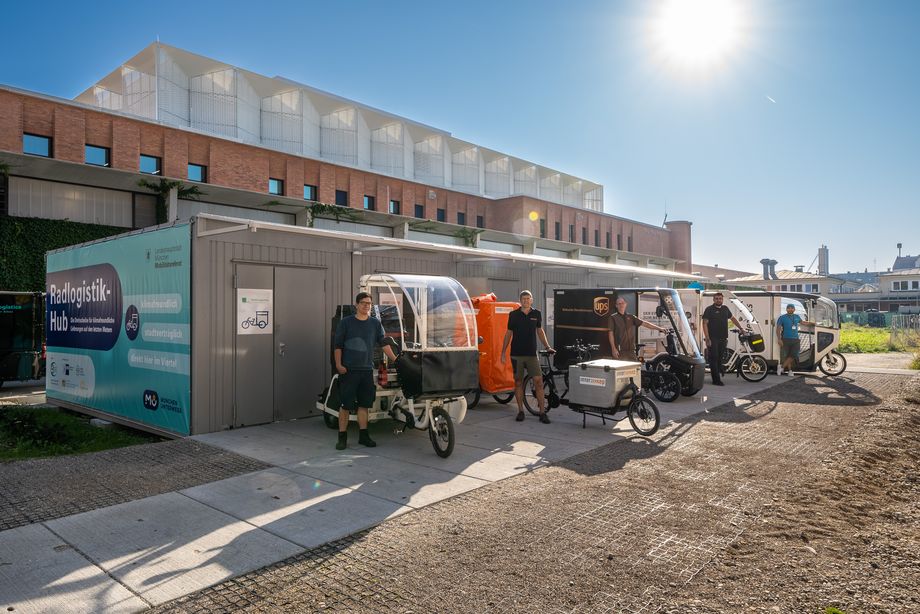
Challenges
Munich grapples with traffic congestion and limited public space. The city is working to tackle challenges related to congestion, air quality, accessibility, and equity by introducing innovative solutions to efficiently optimise the use the limited public space using effective and targeted digitisation, autonomous & connected mobility and connectivity solutions and encourage shift towards public transport and more sustainable emission free modes of transport not only in passenger transport but also logistics.
Use cases
The city aims to address congestion, air quality, accessibility, and equity issues by introducing innovative solutions to effectively manage urban logistics operations and curbside space with the implementation of logistic hubs, mini e-vehicles, and digitalisation.
Role of the Munich living lab in metaCCAZE
In the metaCCAZE project, Munich Living Lab will test innovative urban logistics solutions to tackle space scarcity and rising urban deliveries. Use cases include innovative logistics hubs, first and last mile logistics, testing dynamic curbside management, and connected (semi-)automated small zero emissions vehicle for last-mile passenger and freight transport.
The goal is to shift freight transport to electric cargo bikes or compact electric vehicles and optimise public space using digital solutions. Digitalisation of parking management, such as dynamic parking space usage, will also be tested. This project supports the European Green Deal and Munich’s goal of reaching climate neutrality by 2035.
Contact
- Sayalee Pendharkar
- sayalee.pendharkar@muenchen.de
- Muenchen Unterwegs
- StadtMuenchen
